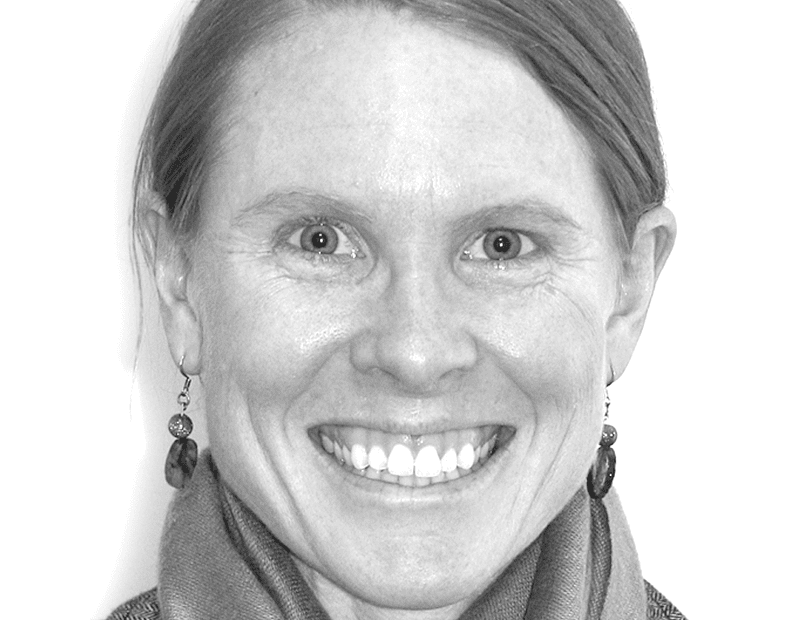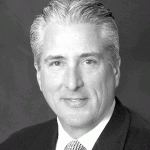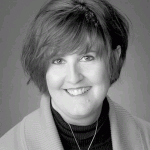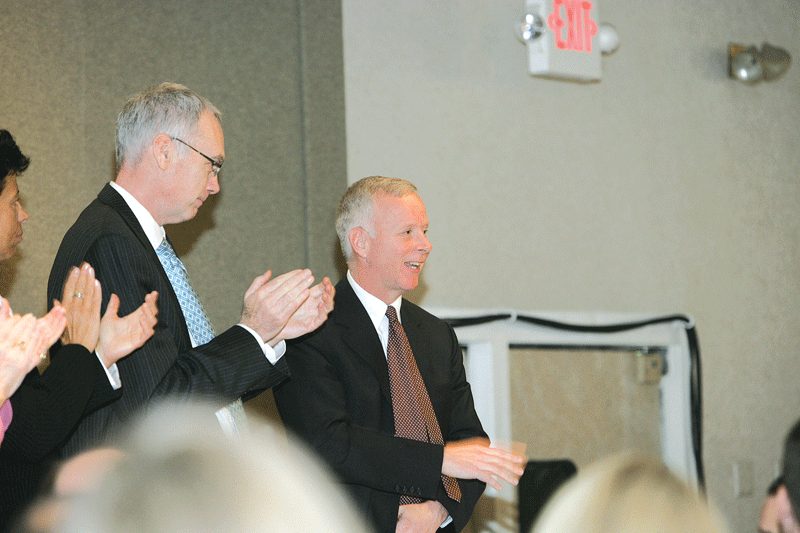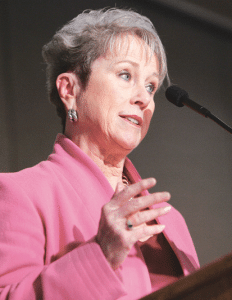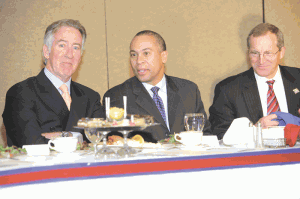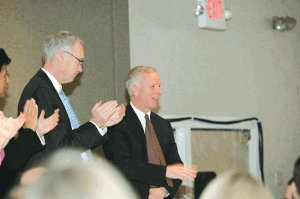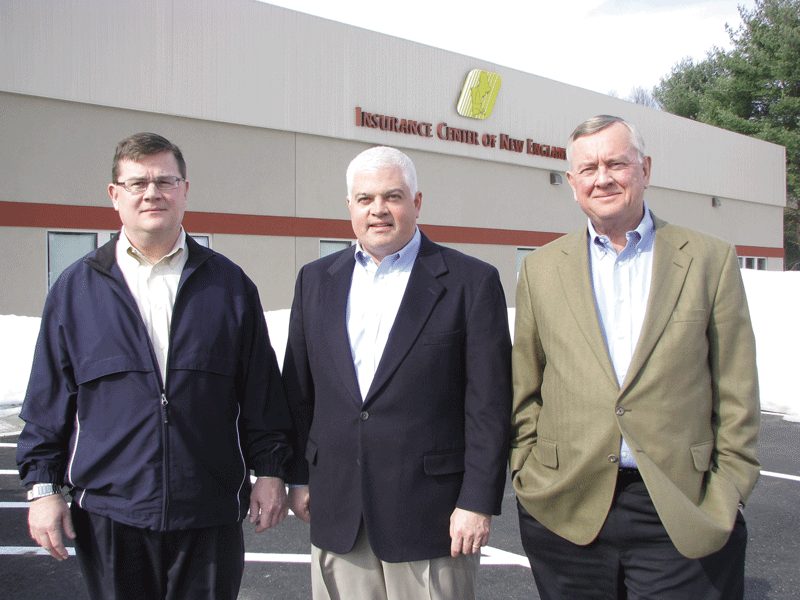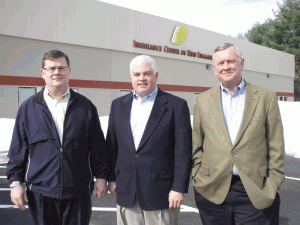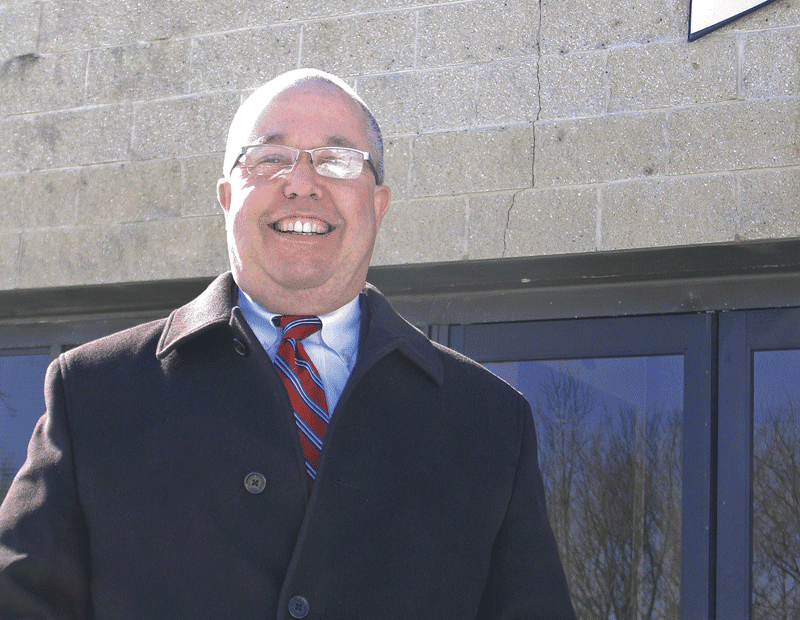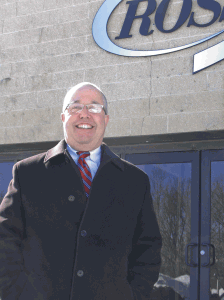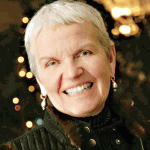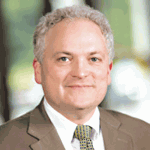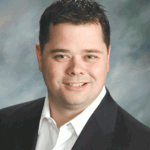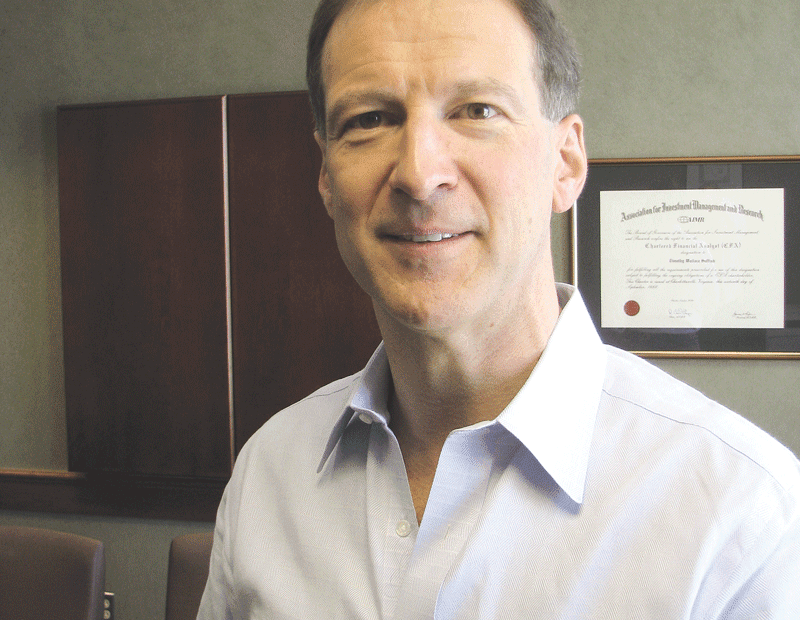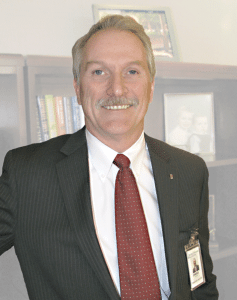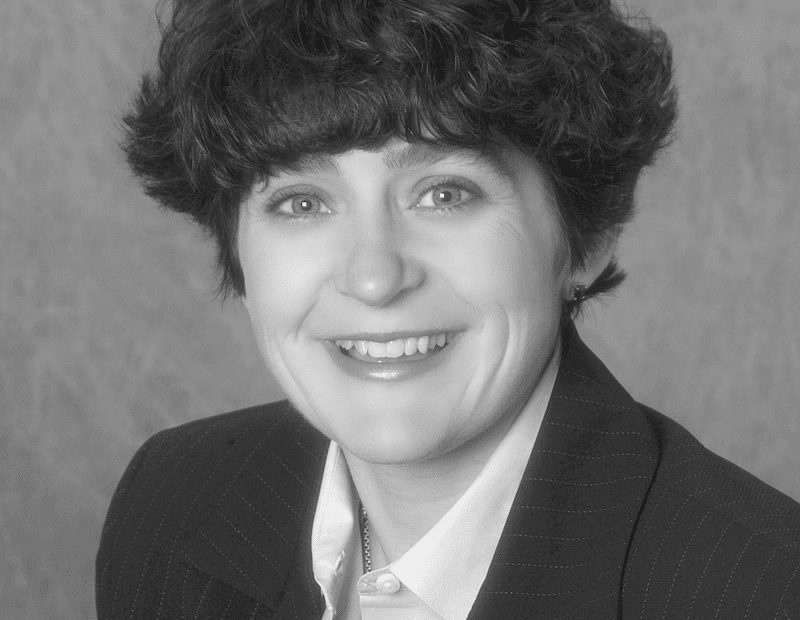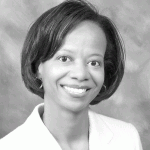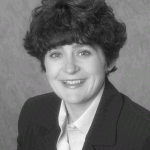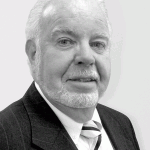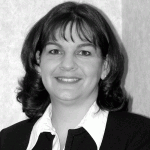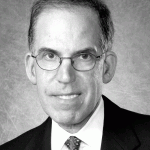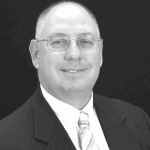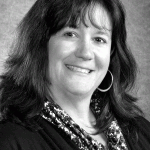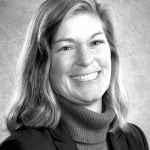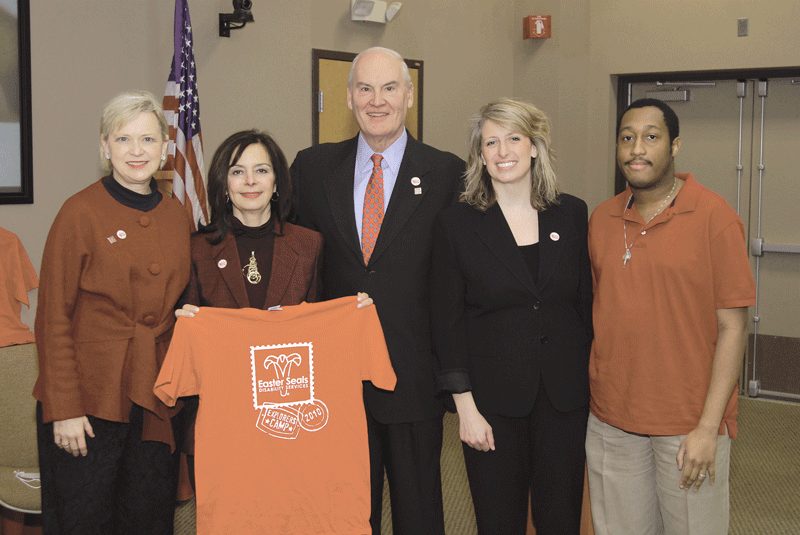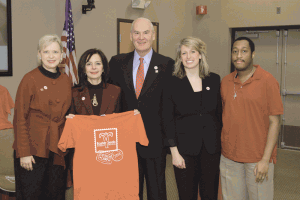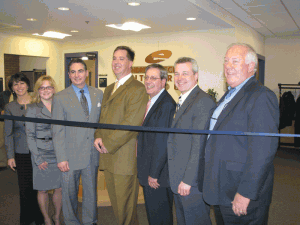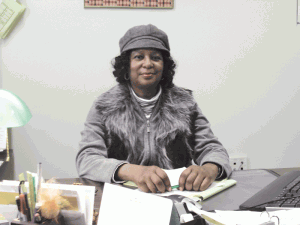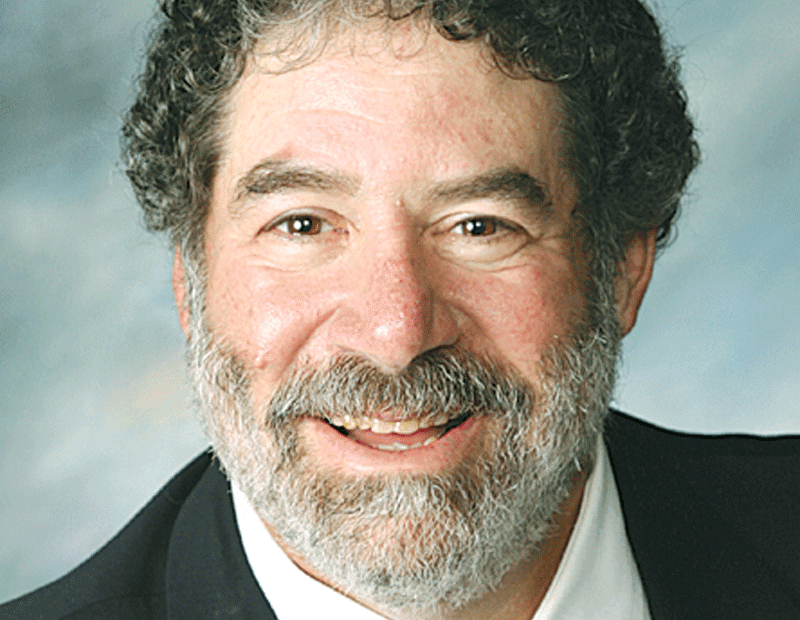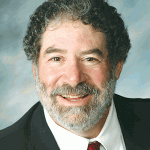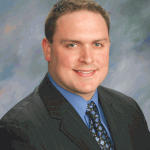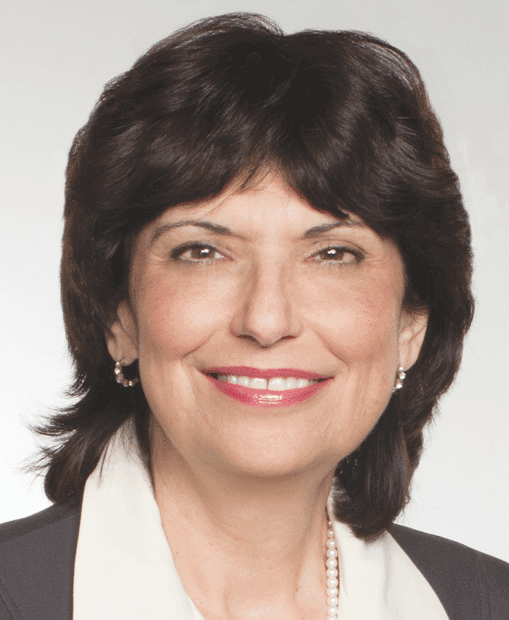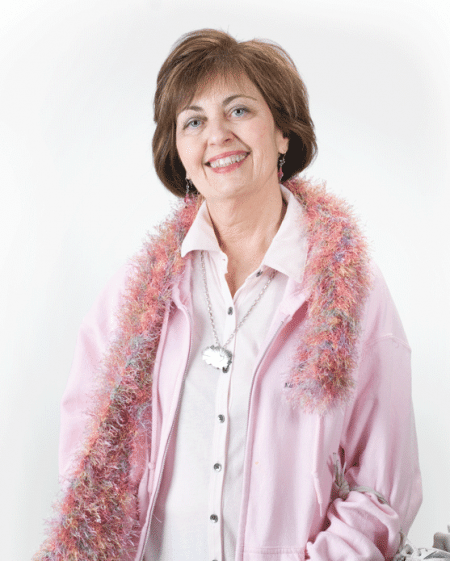BANKRUPTCIES
The following bankruptcy petitions were recently filed in U.S. Bankruptcy Court. Readers should confirm all information with the court.
Allore, Jeffrey N.
9 Lake Dr.
Wilbraham, MA 01095
Chapter: 7
Filing Date: 01/13/11
Auger, Laura N.
11 North St.
Hatfield, MA 01038
Chapter: 7
Filing Date: 01/06/11
Bailey, Steven Douglas
48 New Broadway
Westfield, MA 01085
Chapter: 7
Filing Date: 01/12/11
Barber, Leo Edward
Barber, Deborah Lee
176 East Main St.
Orange, MA 01364
Chapter: 7
Filing Date: 01/14/11
Bednarski, Theodore E.
Bednarski, Paula A.
100 Main St.
Monson, MA 01057
Chapter: 7
Filing Date: 01/07/11
Belfar, William S.
88 Harkness Road
Amherst, MA 01002
Chapter: 7
Filing Date: 01/10/11
Bell, David W.
Bell, Lisa S.
693R Longmeadow St.
Longmeadow, MA 01106
Chapter: 7
Filing Date: 01/14/11
Berge, William Edward
21 Bill St.
Chicopee, MA 01013
Chapter: 13
Filing Date: 01/12/11
Bilodeau, Melanie A.
10 Wallace Road
Southampton, MA 01073
Chapter: 13
Filing Date: 01/06/11
Bliss, Sharon L.
118 Carpenter Road
Monson, MA 01057
Chapter: 7
Filing Date: 01/12/11
Bousquet, Patricia A.
161 General Knox Road
Russell, MA 01071
Chapter: 7
Filing Date: 12/31/10
Brown, John J.
Brown, Cynthia T.
PO Box 803
Stockbridge, MA 01262
Chapter: 13
Filing Date: 12/31/10
Buccacio, Maureen A.
48 Baker St.
Ludlow, MA 01056
Chapter: 13
Filing Date: 01/10/11
Cantwell, Brian Paul
P.O.Box 1212
Barre, MA 01005
Chapter: 7
Filing Date: 01/03/11
Carbone, Martin
Carbone, Karen
365 Petersham Road
Phillipston, MA 01331
Chapter: 7
Filing Date: 12/31/10
Carr, Patrick Allen
50 Barre Circle
Chicopee, MA 01013
Chapter: 7
Filing Date: 01/11/11
Chenaille, Camilla A.
101 Bridle Path Circle
Ludlow, MA 01056
Chapter: 7
Filing Date: 01/10/11
Corish, Yvonne M.
71 Beacon Dr.
Palmer, MA 01069
Chapter: 7
Filing Date: 01/10/11
Darr, Laurie M.
15 Bluemer
Southampton, MA 01073
Chapter: 7
Filing Date: 01/12/11
Defeo, Deborah
242 Dox Rd
Westfield, MA 01085
Chapter: 7
Filing Date: 01/05/11
Flores, Carmen J.
74 Narragansett St., 2
Springfield, MA 01107
Chapter: 7
Filing Date: 12/31/10
Fontaine, Michael S.
Fontaine, Christie M.
33 Spring St., Apt. H
South Hadley, MA 01075
Chapter: 7
Filing Date: 01/05/11
Gauthier, Jason B.
Gauthier, Kelly M.
a/k/a O’Connor, Kelly M.
48 Nash St.
Chicopee, MA 01013
Chapter: 7
Filing Date: 01/11/11
Gilchrest, Donna Louise
75A Wells St. Apt. 209
Greenfield, MA 01301
Chapter: 7
Filing Date: 01/03/11
Golenev, Aleksandr A.
Goleneva, Yekaterina V.
81 South Maple St., Apt. 43
Westfield, MA 01085
Chapter: 7
Filing Date: 01/11/11
Goulet, Todd Edmond
75 Briar Way
Greenfield, MA 01301
Chapter: 7
Filing Date: 01/10/11
Higley, Steven M.
23 Circle Dr.
Enfield, CT 06082
Chapter: 7
Filing Date: 01/03/11
Hing, Heng K.
Hour, Va
53 Baldwin St.
West Springfield, MA 01089
Chapter: 13
Filing Date: 01/11/11
Hughes, Janet
22 South Main St., Apt
Sunderland, MA 01375
Chapter: 7
Filing Date: 12/31/10
Hutchinson, Thomas S.
Hutchinson, Angela M.
270 Chapman Steet
Greenfield, MA 01301
Chapter: 13
Filing Date: 01/14/11
Kafanov, Sergey A.
Kafanov, Anna I.
3 Madison Ave.
Southampton, MA 01073
Chapter: 7
Filing Date: 01/04/11
Keating, Richard
Braddy, Lillian Louise
269 Barrett St.
Belchertown, MA 01007
Chapter: 13
Filing Date: 01/06/11
Krause, Heidi L
1 Belden Ct. #L-1
Agawam, MA 01001
Chapter: 7
Filing Date: 01/07/11
Lapa, Kathleen M.
97 Circle Dr.
Chicopee, MA 01020
Chapter: 7
Filing Date: 01/10/11
Lewandowski, Miroslaw
Lewandowski, Boguslawa
66 Amherst St.
Chicopee, MA 01013
Chapter: 7
Filing Date: 01/11/11
Maagero, Jeanine C.
146 Celebration Circle
Chicopee, MA 01020
Chapter: 13
Filing Date: 01/11/11
Macutkiewicz, Abraham J.
Macutkiewicz, Sarah-May C.
a/k/a Simmons, Sarah-May Chandler
21 Primrose St.
West Springfield, MA 01089
Chapter: 7
Filing Date: 01/04/11
Maggi, Anthony P.
16 Old Mill Road
Agawam, MA 01001
Chapter: 7
Filing Date: 01/10/11
Mickle, Bettejean
16 Regency Court
Chicopee, MA 01020
Chapter: 13
Filing Date: 12/31/10
Murphy, Glenn M.
Murphy, Donna M.
71 Howard St., Apt. #2
Pittsfield, MA 01201
Chapter: 7
Filing Date: 12/31/10
O’Neill, James A.
O’Neill, Ivy H.
7 Pineridge Dr.
Westfield, MA 01085
Chapter: 7
Filing Date: 12/31/10
Ortiz, Miguel
P.O.Box 10524
Holyoke, MA 01040
Chapter: 7
Filing Date: 01/05/11
Parker, Judy L.
a/k/a Morrow, Judy L.
251 Chesterfield Road
Westhampton, MA 01027
Chapter: 7
Filing Date: 01/11/11
Peck, Charles Eugene
46 Melrose St.
Springfield, MA 01109
Chapter: 7
Filing Date: 01/14/11
Peckham Enterprises LLC
20 Chamberlain Road
Montgomery, MA 01050
Chapter: 11
Filing Date: 01/01/11
Peloquin, Janet A.
31 McDonald Dr.
Chicopee, MA 01020
Chapter: 13
Filing Date: 01/12/11
Peloquin, John
121 College St.
South Hadley, MA 01075
Chapter: 7
Filing Date: 01/10/11
Perez, Juan
140 Bay St.
Springfield, MA 01109
Chapter: 7
Filing Date: 01/06/11
Polley, Gerald W.
98 Barney Hale Road
Gill, MA 01354
Chapter: 7
Filing Date: 01/04/11
Pope, Thomas F.
16 Regency Court
Chicopee, MA 01020
Chapter: 13
Filing Date: 12/31/10
Richardson, Alexander C.
68 Rochelle St.
Springfield, MA 01109
Chapter: 7
Filing Date: 12/31/10
Robert, George J.
Robert, Jean M.
96 Yorktown Dr.
Springfield, MA 01108
Chapter: 7
Filing Date: 01/14/11
Rodriguez, Carlos
Nieves, Zoraida
497 Hillside Ave.
Holyoke, MA 01040
Chapter: 7
Filing Date: 01/11/11
Roofs Done Right
Ahern, Barbara M.
Ellis, Barbara M.
338 Prince John Dr.
Becket, MA 01223
Chapter: 7
Filing Date: 12/31/10
Rudert, Bruce K.
Rudert, Marie E.
a/k/a Long, Marie E.
a/k/a Reed, Marie
P.O.Box 1423
Chicopee, MA 01021
Chapter: 7
Filing Date: 01/05/11
Semelroth, Ian T.
7 Dewitt Circle
Southwick, MA 01077
Chapter: 7
Filing Date: 01/05/11
Shalit, Emily G.
a/k/a Shalit Gelpi, Emily Grace
P.O. Box 1422
Stockbridge, MA 01262
Chapter: 7
Filing Date: 01/11/11
Slosek, Bridget Betty
92 Meadow St.
Indian Orchard, MA 01151
Chapter: 7
Filing Date: 12/31/10
Slosek, Michael A.
92 Meadow St.
Indian Orchard, MA 01151
Chapter: 7
Filing Date: 12/31/10
Spielmann Bergamini, Hildegard A.
303 South Quarter Road
Russell, MA 01071
Chapter: 7
Filing Date: 12/31/10
Talbot-Olson, Gail Susan
34 East Hill Road
Monson, MA 01057
Chapter: 7
Filing Date: 01/11/11
Taylor, Margaret A.
429-431 East St.
Chicopee, MA 01020
Chapter: 13
Filing Date: 01/14/11
Till, Brian
Till, Lisa
138 Feeding Hills Road
Southwick, MA 01077
Chapter: 7
Filing Date: 01/05/11
Toti, Gail F.
223 Kenmore Dr.
Longmeadow, MA 01106
Chapter: 13
Filing Date: 01/07/11
Walker, James Allen
Walker, Margaret Norden
53 Warburton Way
Northampton, MA 01060
Chapter: 7
Filing Date: 01/10/11
Walter, Patricia H.
a/k/a Sears, Patricia H.
631 East St.
Ludlow, MA 01056
Chapter: 13
Filing Date: 01/14/11
Welch Plumbing & Heating
Welch, Gary F.
6 Blossom Lane
Holyoke, MA 01040
Chapter: 7
Filing Date: 01/11/11
White, Kevin A.
White, Wanda E.
44 Quebec St.
Indian Orchard, MA 01151
Chapter: 13
Filing Date: 01/13/11
Wilder, Gerald L.
Wilder, Gloria N.
P.O. Box 53
Westfield, MA 01086
Chapter: 13
Filing Date: 01/11/11
Willard, Robert W.
Willard, Kristen M.
1401 South St.
Barre, MA 01005
Chapter: 13
Filing Date: 12/31/10
Yerka, Lesha Prehl
129 Franklin St.
Greenfield, MA 01301
Chapter: 7
Filing Date: 01/10/11
Zajaczkowski, Stanislaw
P.O. Box 1015
Chicopee, MA 01021
Chapter: 7
Filing Date: 01/10/11



